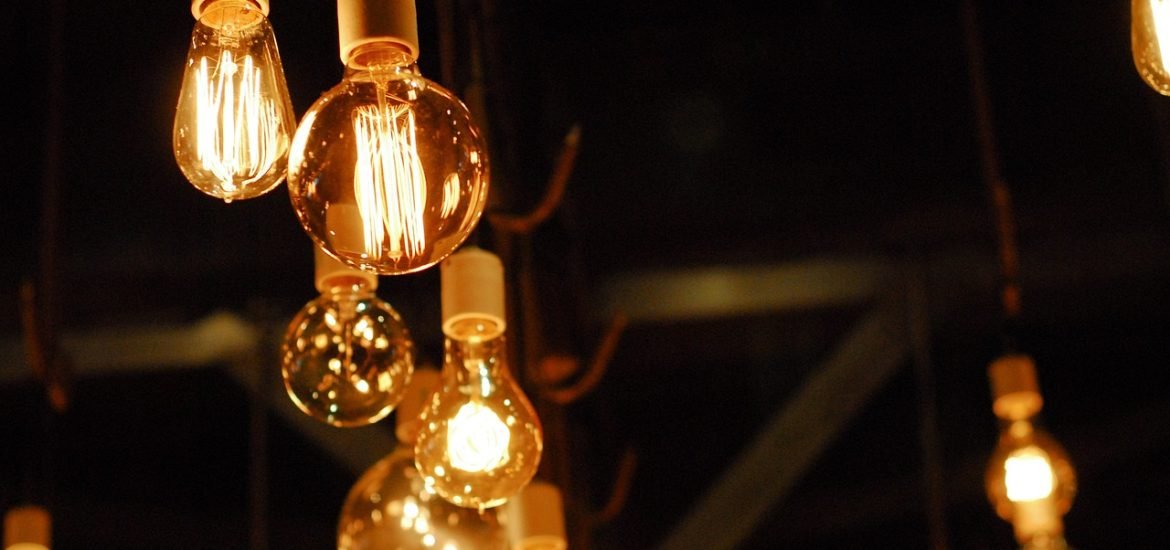
The game of Monopoly is often remembered for the unpleasant experience to go in prison without going back to square one to get a revenue. Less well known is the item “power stations”, which can bring in a lot of money for the player who own it. It’s no coincidence that the game’s designer, the engineer Charles Darrow, gave importance to this economic activity, aware as he was of the primordial role of electricity in the development of a modern society.
The indispensable electricity fairy
Electricity – the electricity fairy, as it was called when we were still marvelling at the services it provided – has profoundly changed the way we live. Although thermal energy is the most widely used form of energy, a quality life is inconceivable without electrical energy. The same applies to domestic, industrial and healthcare uses. You only have to visit a hospital to appreciate the crucial role that electricity plays in maintaining public health.
Electricity, an essential part of everyday life, must first be produced before it is transported – sometimes over long distances – between the places where it is produced and the places where it is consumed, and then distributed to the various users. In the aftermath of the Second World War, these three different functions – production, transport and distribution – were entrusted to vertically integrated structures. A single company could manage all the activities, from the purchase of the primary energy for production to the sale of the electricity to the end customer via an electricity meter.
Historically, in almost all countries, electricity monopolies have been created, either publicly (such as EDF in France or ENEL in Italy), privately (such as Electrabel in Belgium) or under the control of local authorities such as the Stadtwerke, managed by the German municipalities. In the traditionally socialist countries of Central and Eastern Europe, these companies were run by the state.
Opening up the market, not liberalising it
After the creation of the single market in 1993, Jacques Delors wanted to apply freedom of enterprise without frontiers to the electricity sector. The Left succeeded in making people believe that this was a question of liberalising the market, whereas the Social Democrat Delors had no such concern. For him, any EU company had the right to produce in a Member State other than its own. To avoid each company having its own transmission and distribution network, it was accepted that if production could be free, the transmission and distribution networks should be natural monopolies, with anyone being able to use them for a fee under the aegis of an arbitrator called the regulator.
The opening up of the market allowed companies to invest in any Member State. For example, EDF invested in Belgium under the name Luminus, and the Swedish state-owned group Vattenfall invested in the lignite-fired SchwarzePumpe power stations in Germany, which were subsequently sold to the Czech group EPH.
The recent saga of the extension of nuclear power stations in Belgium reveals a lesser-known and perhaps more worrying aspect of this opening up of the market.
The future of one country may now depend on another
Since October 2007, Endesa has belonged to the Italian group ENEL. Spain’s national electricity company (Endesa) did not have a monopoly in Spain, but in the 1990s it decided to buy competitors in Spain, such as Sevillana de Electricidad. It then began to acquire local Italian companies. As the bride became more beautiful, the Spanish company Gas Natural and the German electricity company E. On each attempted a takeover bid for Endesa. But it was ENEL, the world’s second-largest electricity company, that won the day. In fact, it was the prime ministers at the time, Zapatero and Prodi, who contributed to this marriage.
Belgian jewel Tractebel saves Suez
With BR3, the first PWR nuclear reactor built in Europe at the Mol Nuclear Centre (1962), Belgium acquired leading expertise in nuclear technology. Tractebel is a giant of electricity generation know-how. It is part of the industrial and financial empire of Société Générale de Belgique. Knowing that Société Générale de Belgique’s shareholding was widely dispersed and that Flemish business circles did not much like this French-speaking company, the Italian Carlo de Benedetti tried to take control of the company in 1988. The Belgian government relented and French interests won the takeover bid, with electricity giant Tractebel being bought out by Suez environnement, which specialises in water management. Suez did, however, move into energy production, merging with Gaz de France in 2008 to create the Engie group. For purely historical reasons, the situation today is such that the future of Belgium’s nuclear power stations depends on a French company whose DNA is natural gas. It is difficult to see this situation as ideal.
Should we entrust a foreigner with the management of our family jewels?
As we pointed out above, electricity production is an essential activity for the economic and social health of a nation. The tools of production should therefore be treated as key elements of its basic infrastructure. The events of the last half-century in relation to electricity generation in Belgium alone are enough to convince us that what is not practised at the first level of society cannot be practised at the level of a nation: the management of the ‘family jewels’ is too important a matter to be entrusted to third parties, even if they have all the necessary skills.
Further readings
“The Greens are having a Coyote moment” Steven E. Koonin (Interview)
Is the Green Deal compatible with the Lisbon Treaty and the Energy Charter?
This post is also available in: FR (FR)